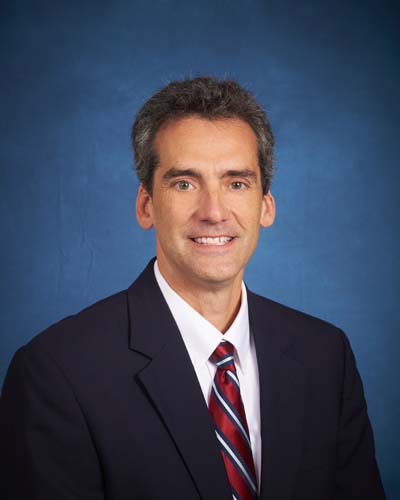External Policy and Relations Committee, Jan 2016

External Policy and Relations
Committee Chair
Working With Other Affiliates and Organizations
The External Policy and Relations Committee (EPRC) works to support increased awareness among NARST members about national and international policy issues relevant to science education. The Committee also works on efforts related to fostering the development of partnerships and collaborations with professional organizations and groups concerned with the quality of science teaching and learning.
EPRC’s primary focus this year was in two key areas:
- Policy Considerations. The External Policy and Relations Committee conducted ongoing discussions begun at the NARST conference and continued online about the ways that EPRC can develop members’ abilities to influence policy and connect to other organizations. The committee considered the following ways of building these abilities: learning how to partner with organizations with influence; learning how to develop policy briefs to circulate; learning which types of audiences are likely to be receptive to our positions and ideas; learning how educational policy is made at the local, state, or national level; assessing the influence of the current position papers; developing abilities to write influential position papers; and developing a process to identify the next topics for another set of position papers. The EPRC seeks to work with Strand 15 to sponsor NARST sessions regarding ways to improve the organization’s impact on educational policy.
- International Partnerships. The External Policy and Relations Committee extended our international partnerships in two ways.
First, we reviewed and completed a Memorandum of Understanding (MOU) with the Taiwanese Science Education Association (ASET). This MOU was approved by the full board at the October 2015 NARST Board meeting. Like the relationships NARST has with other organizations, this MOU seeks to improve communication and cooperation across our respective science education research organizations.
Second, we reviewed and completed a new policy NARST Recognition of International Science Education Events (RISE Events). This policy was approved by the full board at the October 2015 NARST Board meeting. A complete draft of new text for the NARST policies and procedure was created. The Recognition of International Science Education (RISE) policy is designed to recognize international events that demonstrate science education research and that would benefit from NARST recognition. The aim is to build relationships across organizations and provide publicity for NARST in international contexts. The RISE Events program is meant to act as a catalyst to extend NARST’s interests and collaboration efforts with other science education researchers in different countries. Furthermore, it is expected that NARST will be able to attract more regional scholars to become NARST members through this expanding social network. Finally, NARST anticipates that the countries that apply to the RISE Events program will experience local benefits with long-term impact on local needs. The procedures for applying for recognition and review of proposals will be entered into the NARST Policies and Procedures.
External Policy and Relations Committee Membership
- Greg Kelly, Chair (2017)
- Andre Green (2018)
- Christopher Emdin (2018)
- Celeste Pea (2018)
- Alix Cotumaccio (2017)
- Todd Hutner (2017)
- Meredith Park Rogers (2017)
- Kate Popejoy (2017)
- Heidi Carlone (2016)
- Alec Bodzin (2016)
- Anne Pfitzner (2016)
Ex-Officio:
- Mary Atwater, President
- Bill Kyle, Executive Director
